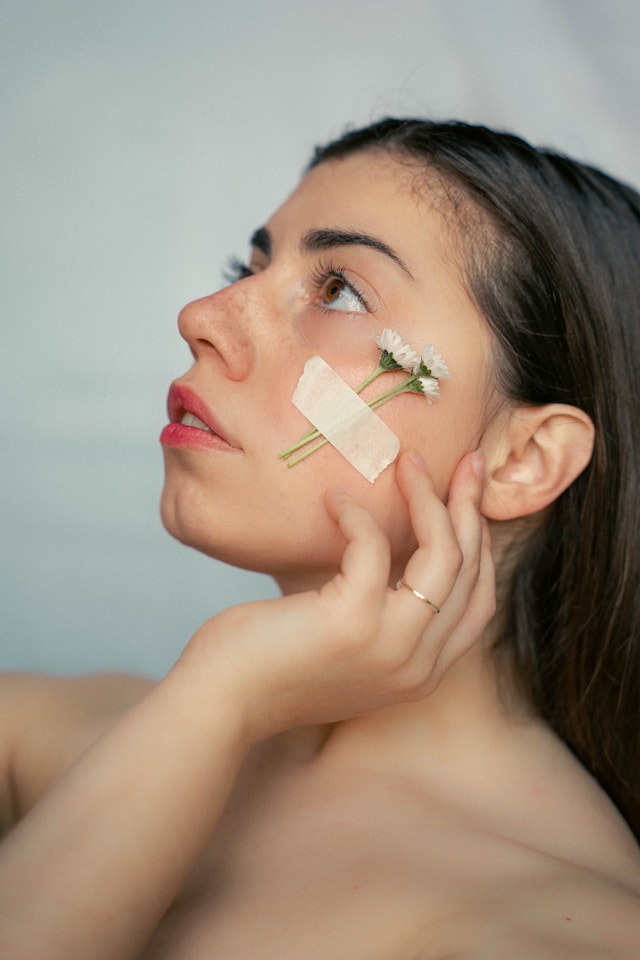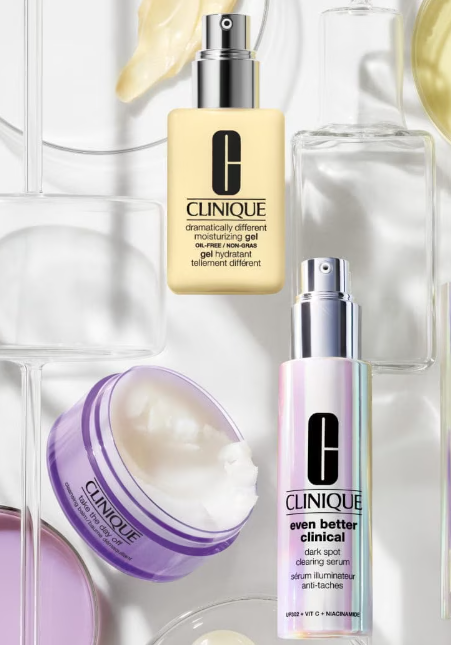Your skin shows how healthy you are, and your mental health has a big effect on how it looks. People don’t realize how much skin affects mental health, which causes stress and worry to show up on your skin. This can cause different skin issues that make it hard to have the healthy glow we all want.
This article looks at how mental health impacts our skin. It explains how stress can affect our skin, the part stress hormones play, common skin problems caused by mental health issues, and gives helpful tips for having healthy skin by taking care of your mental health.

The Mind-Skin Connection: An Overview
The nervous system, hormones, and immune system are how our brain and skin communicate with each other in the “brain-skin axis.” When you get anxious, your mind makes an impression on your body to deliver, in addition to other things, the chemical cortisol, which directly affects your skin.
These hormonal changes may produce puffiness, weaken the skin, hence its protection, and boost the production of oil, things that are indications of skin problems. The skin is more sensitive to stress and emotions because it is the biggest organ in the body. Stress has been found to worsen various skin problems including acne, eczema, psoriasis, and rosacea. Moreover, besides having to deal with skin problems that make you feel bad, which then causes more stress and leads to more skin problems.
How Stress Affects the Skin
Stress is a natural result of dealing with tough situations, but when it is chronic it can damage your skin. When you’re stressed, your body prepares to either fight or flee, which is not a natural response. Your body makes adrenaline and cortisol when this happens. These hormones are great for a brief time, but long-term exposure can prompt skin issues like eczema and inflammation.
Increased Oil Production: Cortisol makes more sebum, which keeps the skin moisturized and healthy. Skin inflammation is brought about by pressure because a lot of the created sebum might obstruct pores and cause skin inflammation.
Inflammation: Stress makes the body release substances that can increase inflammation, a process that can lead to skin conditions like eczema, psoriasis, and rosacea getting worse. These problems may get worse and become more difficult to treat when there is a lot of stress.
Weakened Skin Barrier: Long-term stress may affect the moisture retention and protective capacity of the skin exposing it to harmful environmental factors. This can lead to dry, rough skin that is more likely to get irritated and infected.
Delayed Wound Healing: Stress can make it difficult for the body to heal cuts and sores, such as those from acne or other skin problems. This can result in longer healing times and a greater risk of scarring.
Common Skin Conditions Linked to Mental Health
Some skin issues are connected to mental wellness. Understanding the connection between mental health and skin health is essential.
Acne: Acne is caused by stress by raising cortisol levels, which in turn causes more oil to be produced. Unreasonable sebum creation can discourage pores, bringing about the advancement of skin inflammation. Stress can also make people more likely to touch or pick at their faces, which can exacerbate acne.
Eczema (Atopic Dermatitis): A dermatological condition known as eczema is characterized by itching and redness on the skin. Stress can cause eczema to get worse, making it hard to control. The constant itching and discomfort can make it hard to sleep, which can also affect your mental health.
Psoriasis:The immune system attacks the skin in psoriasis, resulting in the rapid growth of skin cells and the formation of thick, scaly patches. Stress can disturb psoriasis, and the visible nature of the condition can build feelings of anxiety and depression in affected people.
Rosacea: Rosacea is a skin condition that lasts a long time and is characterized by constant face redness and small blood vessels. These blood vessels may become larger as a result of stress, resulting in a flushed and red face.
Practical Tips for Achieving Radiant Skin Through Mental Health Management
Getting glowing skin isn’t just about the right products; it’s also important to take care of your mental health. Here are some helpful tips to make you feel better and take care of your skin:
Practice Mindfulness: Techniques like meditation and deep breathing can help lower stress and keep your skin healthier. These activities can reduce stress hormones and assist you to relax, which can lead to healthier skin.
Prioritize Sleep:Sleep quality is important for your skin and mental health. To allow your skin to regenerate, aim for 7-9 hours of sleep each night. Not getting enough sleep can make your skin look tired and dull, and it can also make problems like acne and eczema worse.
Healthy Diet:Eating a balanced diet that includes plenty of fruits, vegetables, and whole grains can help your mind and skin stay healthy. Foods rich in antioxidants, like berries and green vegetables, can help reduce the impact of stress on the skin.
Stay Hydrated: Keeping up with your skin’s moisture and well-being is significant. By drinking enough water, bad substances are left out of our bodies and our skin looks and feels healthier.
Exercise Regularly:Moving your body helps reduce stress and can improve blood flow, which is good for your skin. Exercise helps control cortisol levels and makes you feel better overall.
Establish a Skincare Routine: Following a regular skincare routine can help keep your skin safe from stress. Pick products that are right for your skin type and that help with any problems you have, like pimples or dry skin.
Conclusion
Skin health and mental well-being are connected. Stress, worry, and sadness can affect your skin, causing different problems that can be tough to handle. By looking at both your mental health and skin health together, you can get glowing skin and feel better overall.
By being mindful, getting enough sleep, eating healthy, drinking plenty of water, exercising often, and sticking to a skincare routine, you can lessen the effects of stress on your skin and have a healthy, glowing face. Don’t forget, that healthy skin starts from the inside. Taking care of your mental health can help your skin look its best.











